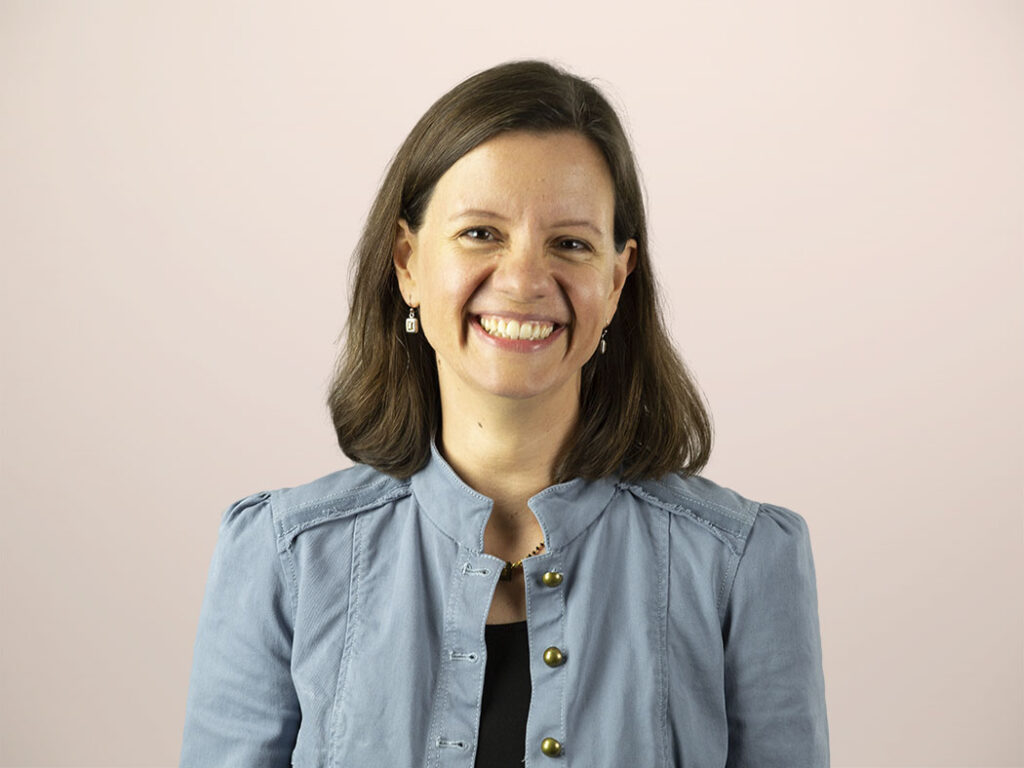Artificial Intelligence Needs Real Empathy To Succeed In CX
What’s the future of CX? How will Artificial Intelligence (AI) help break through the customer experience ceiling? How must CX professionals like you evolve their skills? We found a surprising – and not so surprising – answer when the Boston CXPA team celebrated CX Day.
Forrester hosted the celebration with CX and UX practitioners in the Boston area. We invited three local CX influencers who joined me on stage for Ted-style talks: Bill Schimikowski from Fidelity, Brian Burba from CA Technologies, and Ed Boudrot from Optum.
While technology was the topic, the theme that emerged in our evening was empathy. For customers and employees, AKA our colleagues.
Bill Schimikowski shared what he learned as a pioneer of using AI to improve interactions of Fidelity customers across channels. Bill said the biggest risk of implementing AI – any new technology as he found over the years – is to fall in love with a technology and not to pause to check whether that technology is getting to the root of a customer problem. His Disney-inspired call to action reminds employees to take responsibility for the customer: “It’s not our fault but it is our problem.” But at the same time Bill emphasizes the need to empathize with colleagues. For example, when introducing a new technology, CX pros need to “reach out” to frontline employees who might fear the implications of a new technology on their jobs.
Ed Boudrot shared how the Optum innovation accelerator he leads helps design better experiences in an age of technology. Ed’s mantra is “Technology needs to create better experiences.” To make sure of that, Ed’s team uses over 100 different research and decision frameworks when working on Optum’s innovation challenges. These frameworks range from Jobs-to-be-done to Opportunity Canvas to Ten Types Of Innovation. Using these frameworks has enabled Optum to move from answering the question “How can we leverage …?” to finding the answer to the question “How can we discover what people…?” Because Ed takes time to understand his internal clients’ business objectives, he earns himself a seat at the table not only as a CX pro, but as a business strategist.
Brian Burba presented on CA Technology’s CX transformation efforts from three perspectives: technology, culture and design. CA’s CX Team uses machine learning to synthesize customer commentary into useful insights. It asks teams across CA to embed the customer voice in all aspects of design. One specific approach to improving empathy for customers emerged in response to a staffing challenge. The CX team asked non-customer-facing employees to call clients who had given low survey scores to close the loop with those clients. That worked so well that it’s now the new normal. As Brian said “nothing sharpens the mind quite like talking to a customer when you don’t do it often”. But Brian also emphasized empathy for colleagues: The CX team looks for ways to make sharing insights with others fun and exciting. Or as Brian puts it: The team must be “making the moment.”
In my talk, I made three predictions on how AI will change the future of customer feedback. First, firms will use AI-powered algorithms to predict transactional CX scores. And where we still need to ask customers to reflect on experiences, AI will enable conversational feedback at scale. Second, advances in AI-enabled emotion analysis enable firms to understand how customers feel. This will replace metrics like NPS. Third, AI tools help surface unknown issues, or nudge employees for real-time interventions. This will finally create a tight data-to insight-to action loop. I am bullish about these predictions because I believe in our ability to empathize with customers (who reject old-school surveys) and with employees (who find VoC not actionable). Check out my new report on “The Future Of CX Measurement.” More research on AI in feedback programs to come!
Thanks to Bill, Brian, and Ed, and all attendees for joining me and the local CXPA team at our Boston CX Day event 2017.
Happy CX-ing!
